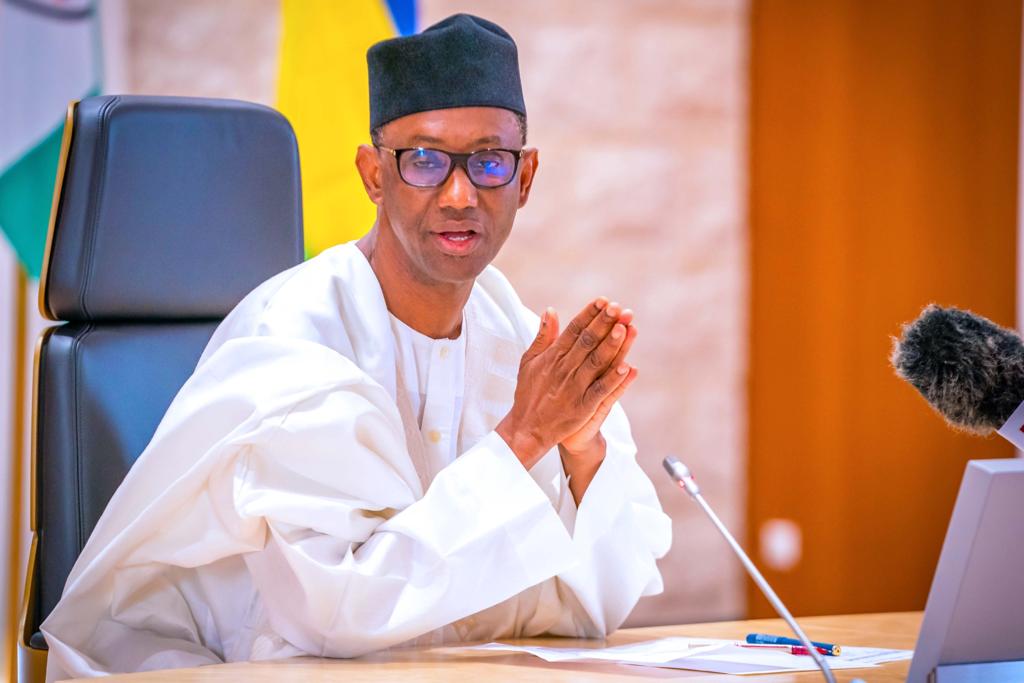Why men must prioritise their well-being - The Standard Evewoman Magazine

Men die younger than women. Men are over-represented in almost every major disease category. Their masculine norms and the nature of paid work contribute to this. Yet, their health issues are not just about them; they matter to everyone.
While these may look like cold facts about men’s health, they are from the United Nations Population Fund (UNFPA), a global agency that knows quite a bit more about global health issues.
They show that despite the ‘privileged’ position men occupy in society including being paid 20 per cent more than women, filling more parliaments, and owning more businesses, they still cannot get a good hold of their health and will die early while trying to get all of the above ducks in a row.
In many countries, men die five or ten years earlier than women due to health complications that could have been managed.
“These premature deaths are largely due to smoking, drinking, an unhealthy diet, and not going to the doctor for help when needed,” says UNFPA, quoting the World Health Organization (WHO).
The need for men to undergo regular medical checkups comes in the wake of the recent disclosure that former US President Joe Biden has been diagnosed with an “aggressive form” of prostate cancer. Many have wondered how a person who enjoys top-notch medical care as the president of the most powerful nation on earth could have been diagnosed with the disease a few months after leaving office, some accusing his handlers of covering up his health status.
While the US president has little choice in undergoing medical checkups due to his stature, many men hesitate to seek medical check-ups due to a mix of social, psychological, and practical reasons. In some African societies, for example, men are encouraged to be tough and self-reliant, making them less likely to seek help.
For others, their main worry could be about discovering some underlying health issues they would rather not face, and especially feel uneasy about specific tests, particularly those involving intimate health concerns.
Richard Wafula, a psychologist at Amani Counselling Centre and Training Institute, says men sometimes equate their health with masculinity, feeling that they know it all and have everything figured out.
“Men’s health, both physical and mental, is important because without it, we cannot even talk about masculinity,” says Wafula.
“Unfortunately, men’s health behaviour is wanting. Even when a man is suffering, he still feels he ought to be strong for himself and those around him, forgetting that those around him will be safer if he is healthy.”
Wafula says societal norms and stereotypes have also conspired to prevent men from prioritising their wellbeing, and some are even afraid of telling their wives about their sickness for fear of surrendering their power.
“A man will not reach out for fear of surrendering his power. Sadly, some in the home will urge him to get up and do some work for the family’s financial security. Imagine being told, ‘amka wewe! Who will pay for school fees? How will we get food’. Such sentiments only make him a recluse who would rather suffer than pay attention to his health,” says Wafula.
Health experts say overcoming these barriers often starts with normalising health conversations and understanding that early disease detection saves lives. Taking care of themselves, they add, is a sign of responsibility, not weakness.
While men carry the role of protecting society, they barely take note, or perhaps ignore health factors that could make them abdicate the same role and will only visit the doctor when the situation seems untenable.
Dr Boniface Musila, a physician at Karen Hospital in Nairobi, says men should embrace a wellness culture “just as they take their cars for service when due”, adding that there are no shortcuts to good health.
“You will find a woman visiting the doctor at the slightest onset of a flu, but a man might come to the hospital when he is barely talking,” he says. “And when he comes, he usually presents with a late diagnosis, say of a heart disease, kidney or even prostate cancer that could have been treatable had he come for regular checkups, at least once a year.”
Musila says men’s health affects society since most are the main breadwinners, whose impact is felt beyond the immediate family circle.
Unfortunately, Musila says the local health regime, which has no social safeguards, has also conspired to ensure men do not prioritise their health. “If you are a man and you hit 40 years in some countries, you will get a call either from your medical team or insurer reminding you to take a mandatory medical checkup. That helps in ruling out or revealing aspects of your health that need further review. Whatever was developing is then nipped in the bud,” he says.
According to the WHO, heart disease and stroke remain the leading causes of death among men worldwide, while prostate, lung, and colorectal cancers are the most prevalent. In addition, increasing rates of diabetes contribute to complications like heart disease and kidney failure.
The global health body also says men are likely to have higher risk factor rates, such as excessive alcohol consumption, leading to liver-related health issues such as cirrhosis and hepatitis, while smoking predisposes them to chronic obstructive pulmonary disease (COPD).
Currently, depression and suicide rates are notably high among men, often due to stigma around seeking help.
“Research suggests that the traditional role of the male breadwinner is associated with higher levels of hypertension and an increased rate of smoking,” says the WHO.
“Gender-based job segregation means that some of the health loss for men is linked to work-related accidents and injuries. Long-term unemployment carries serious health risks for men, including depression, use of alcohol and drugs, excess weight gain, increased risk of heart disease and suicide.”
In the end, men’s health is not just about avoiding illness but being strong, not just physically, but emotionally and mentally.
It is a journey that starts with small, intentional steps such as regular check-ups, balanced nutrition, active lifestyles and more importantly, open conversations about mental well-being.













